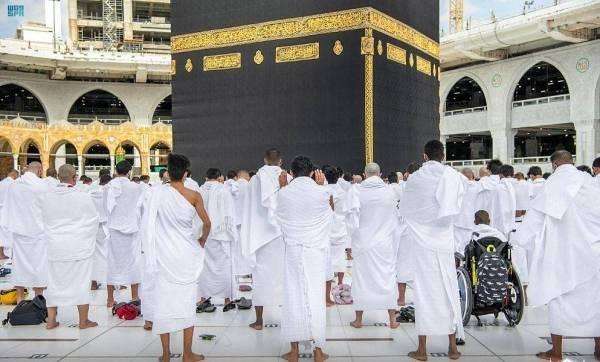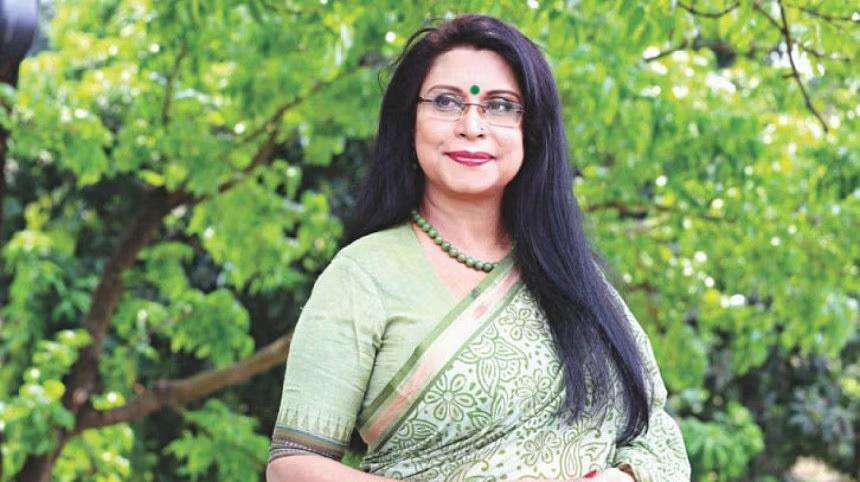In late December 2024, 380 Indonesian Umrah pilgrims were stranded for over 24 hours at Sultan Mahmud Badaruddin II Airport in Palembang, South Sumatra, due to technical aircraft issues. This incident highlights the challenges accompanying the growing number of Indonesian Umrah pilgrims, which exceeded two million by September 2024.
Airline Capacity Shortages
The rising demand for Umrah travel has strained airline capacities. While major carriers like Saudi Airlines, Garuda Indonesia, Qatar Airways, and Emirates dominate the market, newer players such as Lion Air, Batik Air, and Citilink have joined the fray. However, doubts remain about their operational readiness. The lack of backup aircraft is a recurring issue, as highlighted by Faisal Ibrahim Surur, Chair of the Indonesian Hajj and Umrah Organizers Alliance (Asphuri).
A Growing and Competitive Industry
The Umrah industry is becoming increasingly open and competitive due to Saudi Arabia’s streamlined visa policies and Vision 2030 objectives. This creates an opportunity for Indonesia to establish a robust Umrah ecosystem.
Learning from Malaysia
Malaysia provides a model for effective collaboration between governments, airlines, and travel agencies. Malaysia Airlines’ AMAL unit partners with Umrah travel agencies to ensure reliable schedules through initiatives like seat-blocking agreements, reducing flight delays to below 5%. This integrated approach can serve as inspiration for Indonesia.
Strengthening Regulations and Technology Adoption
To enhance reliability, Indonesia needs stricter regulations, such as mandating backup aircraft for airlines serving Umrah routes and conducting regular audits. Technology can also play a crucial role. Real-time monitoring and predictive maintenance systems, widely adopted in countries like the U.S., could proactively address technical issues and improve service reliability.
Government Commitment and Collaboration
President Prabowo Subianto has called for greater transparency and accountability in Hajj and Umrah services, supported by State-Owned Enterprises Minister Erick Thohir. Collaborative efforts between ministries aim to establish an integrated ecosystem that meets high service standards. Additionally, the Ministry of Religious Affairs has introduced a Civil Servant Investigator (PPNS) unit to oversee and enforce regulations related to Umrah travel.
A Shared Responsibility
Umrah is a significant spiritual journey, and delays erode pilgrims’ trust in service providers. The Palembang incident underscores the need for coordinated efforts among the government, airlines, and agencies. Strong regulations, technological integration, and effective coordination are vital to ensuring smooth operations and restoring trust. By fostering a healthy Umrah ecosystem, Indonesia can enhance the experience for pilgrims and set a benchmark for excellence in religious travel services.



_2.jpg)
_3.jpg)



.svg)


